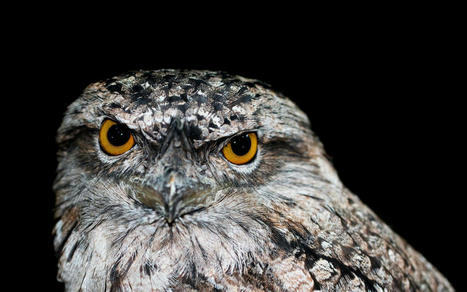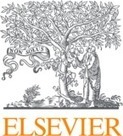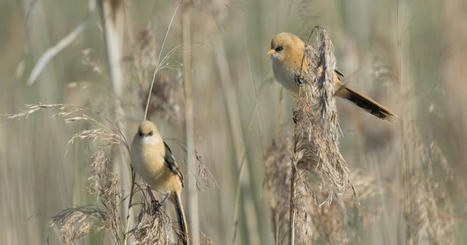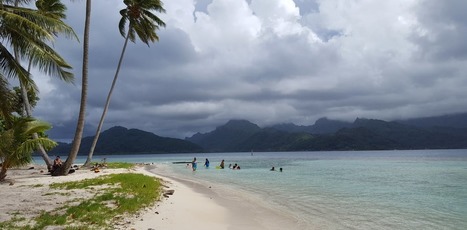Nature affects human well-being in multiple ways. However, the association between species diversity and human well-being at larger spatial scales remains largely unexplored. Here, we examine the relationship between species diversity and human well-being at the continental scale, while controlling for other known drivers of well-being. We related socio-economic data from more than 26,000 European citizens across 26 countries with macroecological data on species diversity and nature characteristics for Europe. Human well-being was measured as self-reported life-satisfaction and species diversity as the species richness of several taxonomic groups (e.g. birds, mammals and trees). Our results show that bird species richness is positively associated with life-satisfaction across Europe.



 Your new post is loading...
Your new post is loading...












